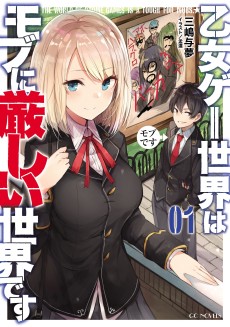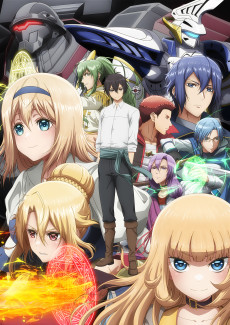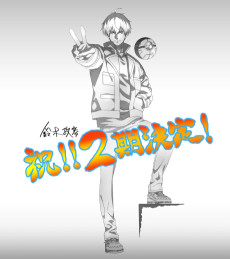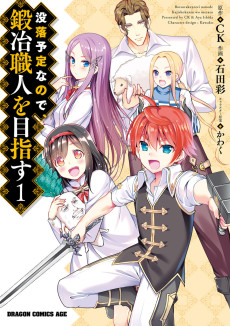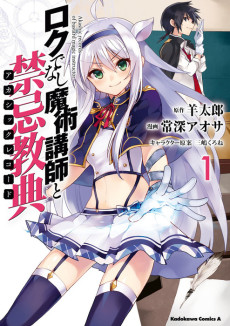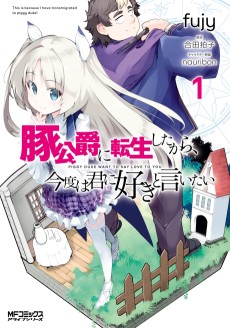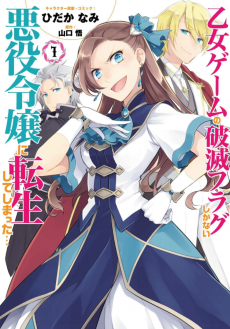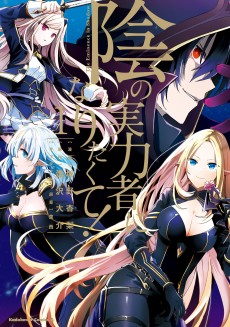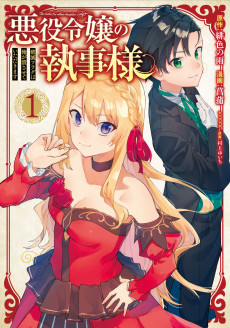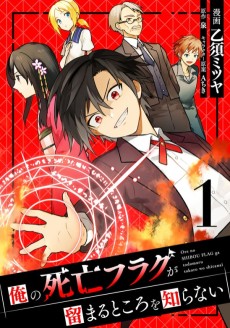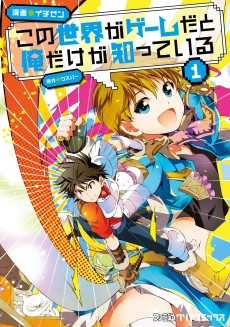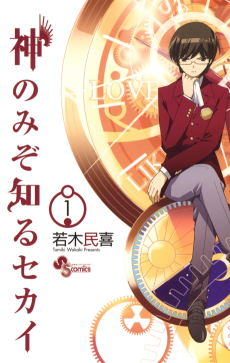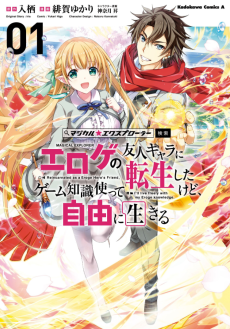OTOMEGE SEKAI WA MOB NI KIBISHII SEKAI DESU
STATUS
RELEASING
VOLUMES
Not Available
RELEASE
Invalid Date
CHAPTERS
Not Available
DESCRIPTION
Office worker Leon is reincarnated into a particularly punishing dating sim video game, where women reign supreme and only beautiful men have a seat at the table. But Leon has a secret weapon: he remembers everything from his past life, which includes a complete playthrough of the very game in which he is now trapped. Watch Leon spark a revolution to change this new world in order to fulfill his ultimate desire…of living a quiet, easy life in the countryside!
(Source: Seven Seas Entertainment)
CAST
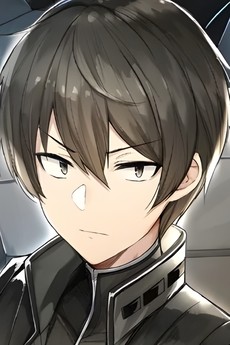
Leon Fou Bartfort
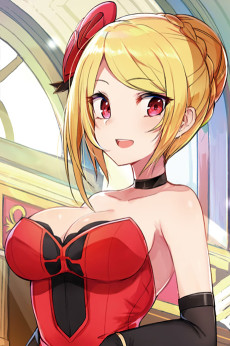
Angelica Rafua Redgrave
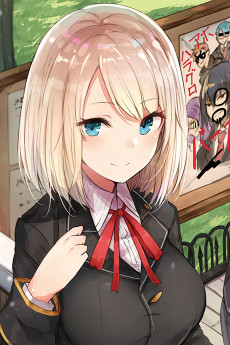
Olivia
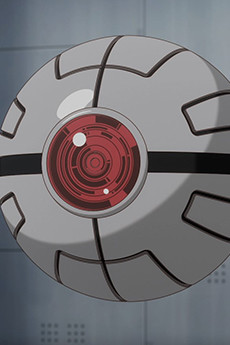
Luxion
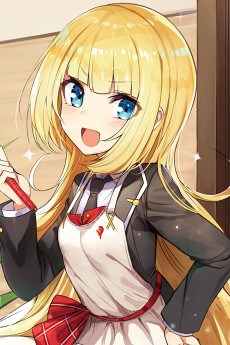
Marie Fou Lafuan
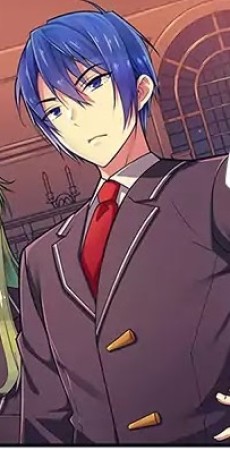
Julius Rafa Holfort
CHAPTERS
RELATED TO OTOMEGE SEKAI WA MOB NI KIBISHII SEKAI DESU
REVIEWS

Photon
87/100A mirror for anyone who's ever felt like an outsider in their own story.Continue on AniList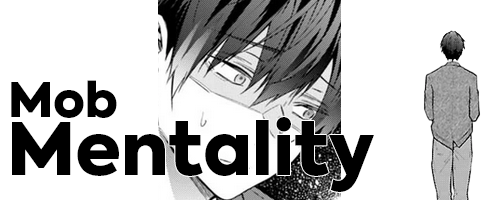
"If this story had a main character, he'd save everyone and live happily ever after. Then, look at me. I really am just a mob. If a hero that could save everyone appeared, I'd do all I can to support his cause. I failed to become a hero or a main character." - Leon fou Bartfort to Luxion, from Ch. 63 Reckoning
The World of Otome Games is Tough for Mobs, or MobuSeka, isn’t just another isekai manga—it’s an exploration of self-worth through its protagonist, Leon Fou Bartfort, a character whose battle with impostor syndrome and self-esteem resonates deeply with readers like myself. Leon’s journey, marked by cynical humor and emotional vulnerability, mirrors the quiet struggles many face when feeling like a "mob character" in their own lives.
Leon’s reincarnation into an otome game world as a nameless "mob" character sets the stage for his internal conflict. Despite gaining power, status, and admiration, he clings to the belief that he’s an unremarkable fraud undeserving of his achievements. His self-deprecating humor (“I’m just a coward who only fights battles I can win”) masks a deeper insecurity: the fear that he’s stolen someone else’s destiny. This is most evident in his guilt over taking Luxion—an AI meant for the game’s heroine—and his reluctance to accept romantic affection, as if love and success are reserved for "main characters."
Leon’s fixation on the game’s original plot reflects his struggle to reconcile his role in a world he views as predetermined. He dismisses his impact, insisting his actions are mere disruptions to a scripted narrative. Yet, every life he saves and every battle he wins chips away at this facade. His PTSD after the final fight against the Principality of Fanoss in the Kingdom Arc—haunted by floating wreckage and lives lost—reveals a raw humanity. He blames himself for casualties, not as a hero, but as an "incompetent mob," echoing the crushing guilt of feeling unqualified despite outward success.
Leon’s journey is painfully relatable for me. His tendency to downplay achievements (“I didn’t do anything special”) or attribute success to luck (“I just prepared thoroughly”) mirrors the internal monologue of anyone who’s ever felt like a fraud. His denial of affection from characters like Angie or Livia—interpreting their care as misplaced or temporary—parallels how self-doubt can sabotage real relationships. Even his scheming, often dismissed as “cowardice,” is a survival mechanism familiar to those who overprepare to compensate for feeling inadequate.
What makes Leon compelling is his duality: a strategic genius who sees himself as an outsider. His growth isn’t about overcoming enemies but confronting his own self-perception. When he silently crushes adversaries who mock his loved ones, we see glimpses of self-worth breaking through his mob complex. His arc isn’t a triumphant rise to confidence but a messy, ongoing battle—one that validates readers who similarly oscillate between doubt and determination.
As someone who’s wrestled with impostor syndrome in college, Leon’s story struck a chord. His moments of vulnerability—like doubting his tea-making efforts (super wholesome moment with his teacher) or recoiling from praise—reminded me of times I’ve minimized my own accomplishments. Yet, his resilience offers hope. Leon teaches that self-worth isn’t about fitting into predefined roles (“hero” or “mob”) but embracing your impact, however messy.
MobuSeka is more than just your typical isekai harem, it's a story about identity and belonging. Through the eyes of Leon, we learn that he's more than just your average "mob" character, he's a mirror for anyone who's ever felt like an outsider in their own story. For those who've questioned their worth or felt like a "mob" in a world of "main characters," this manga is a reminder: sometimes the most profound heroes are the ones who don't realize they've already become extraordinary.
Rating: 8.7/10 Definitely a must-read for anyone who’s ever felt like they’re faking it until they make it. If you like isekais, harems, romcoms, with a fantasy background, this is up your alley!
SIMILAR MANGAS YOU MAY LIKE
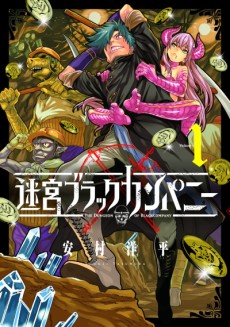 MANGA ComedyMeikyuu Black Company
MANGA ComedyMeikyuu Black Company
SCORE
- (3.65/5)
MORE INFO
Favorited by 619 Users


